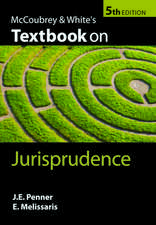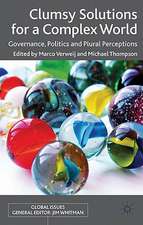The Responsible Methodologist: Inquiry, Truth-Telling, and Social Justice
Autor Aaron M. Kuntzen Limba Engleză Paperback – 15 aug 2015
What does it mean to be a responsible methodologist? Certainly it is more than being a research middle-manager who ensures that the tools used in a thesis or dissertation are of the right gauge. In The Responsible Methodologist, leading education scholar Aaron Kuntz uses the latest movements in social theory to challenge qualitative researchers to reconceptualize their work away from the technocratic toward an intervention, an ethical disruption of the norm, an activist stance toward progressive social change. Inviting creativity and vision, he insists that the responsible methodologist become a force leading the discourse toward social justice. His book-challenges the technocratic role given to qualitative methodologists in university settings;-urges them to become a force for change through Foucault’s parrhesia, risky truth-telling;-includes research projects that have incorporated this vision.
http://amkuntz.people.ua.edu/
Preț: 276.68 lei
Nou
Puncte Express: 415
Preț estimativ în valută:
52.94€ • 56.61$ • 44.14£
52.94€ • 56.61$ • 44.14£
Carte tipărită la comandă
Livrare economică 17 aprilie-01 mai
Preluare comenzi: 021 569.72.76
Specificații
ISBN-13: 9781611323696
ISBN-10: 161132369X
Pagini: 158
Ilustrații: notes, references, index
Dimensiuni: 152 x 229 x 10 mm
Greutate: 0.27 kg
Ediția:1
Editura: Taylor & Francis
Colecția Routledge
Locul publicării:Oxford, United Kingdom
ISBN-10: 161132369X
Pagini: 158
Ilustrații: notes, references, index
Dimensiuni: 152 x 229 x 10 mm
Greutate: 0.27 kg
Ediția:1
Editura: Taylor & Francis
Colecția Routledge
Locul publicării:Oxford, United Kingdom
Cuprins
Chapter 1 Introduction; Chapter 2 Logics of Extraction; Chapter 3 Materialism and Critical Materialism; Chapter 4 Methodological Parrhesia: Truth-Telling; Chapter 5 Methodological Materiality: Toward Productive Social Change;
Descriere
Aaron Kuntz challenges qualitative researchers to reconceptualize methodological work away from the technocratic toward an intervention for progressive social change. Inviting creativity and vision, and featuring studies that have incorporated these characteristics, he insists that the responsible methodologist become a force akin to parrhesia, Foucault’s risky truth-tellers.













